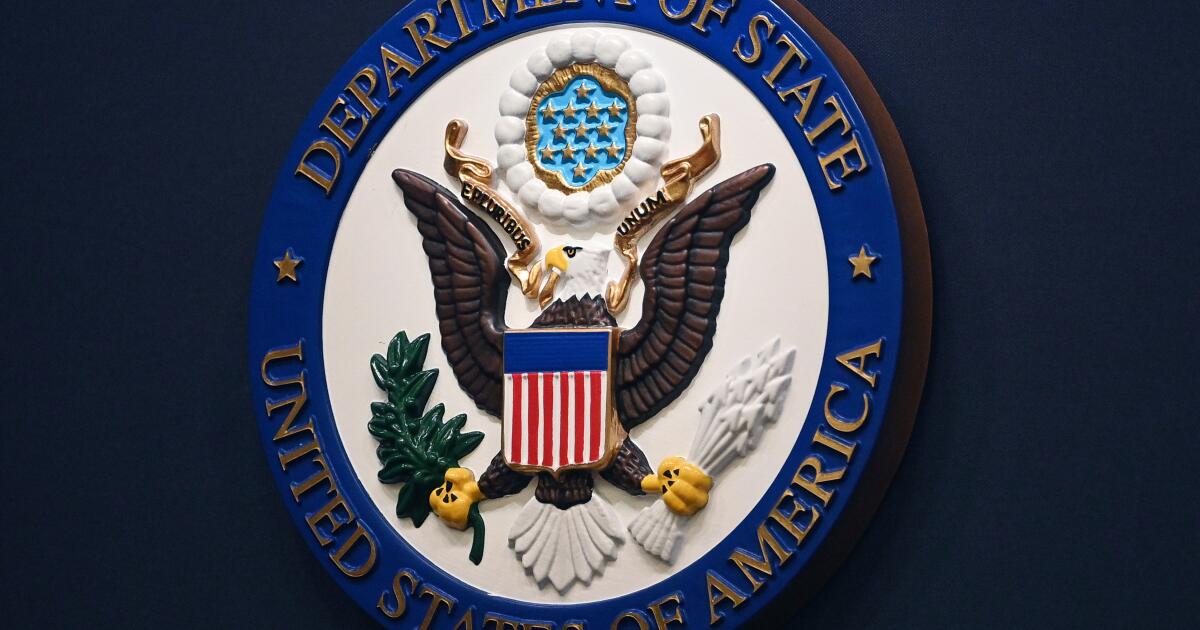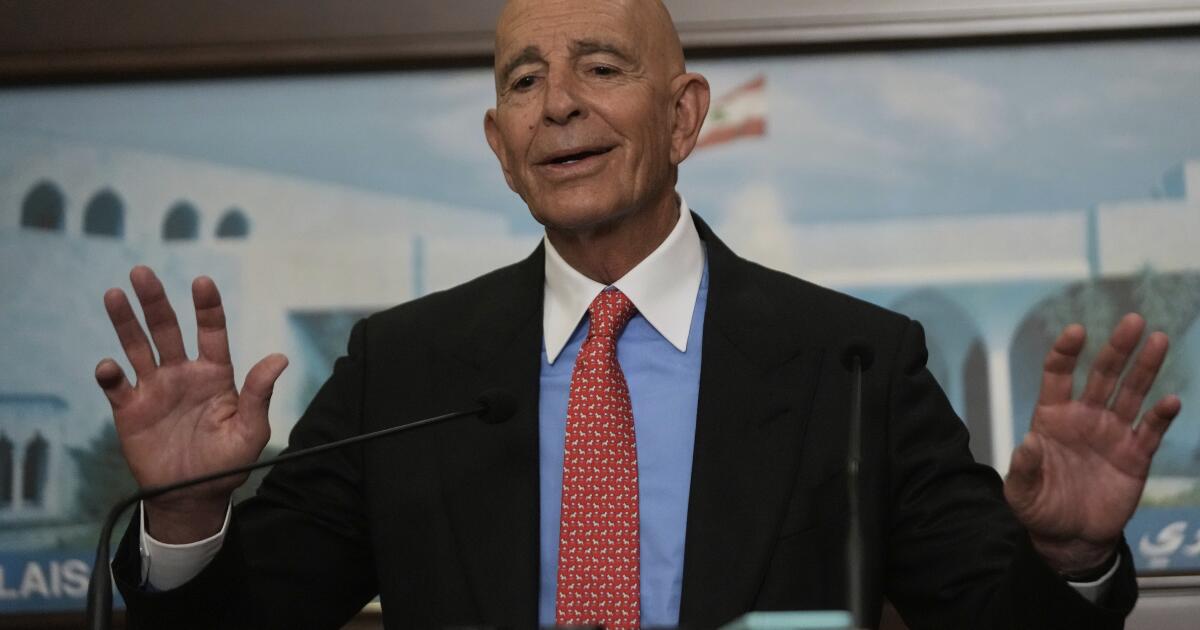WASHINGTON — The State Department is warning U.S. diplomats of attempts to impersonate Secretary of State Marco Rubio and possibly other officials using technology driven by artificial intelligence, according to two senior officials and a cable sent last week to all embassies and consulates.
The warning came after the department discovered that an impostor posing as Rubio had attempted to reach out to at least three foreign ministers, a U.S. senator and a governor, according to the July 3 cable, which was first reported by the Washington Post.
The recipients of the scam messages, which were sent by text, Signal and voicemail, were not identified in the cable, a copy of which was shared with the Associated Press.
“The State Department is aware of this incident and is currently investigating the matter,” it said. “The department takes seriously its responsibility to safeguard its information and continuously takes steps to improve the department’s cybersecurity posture to prevent future incidents.”
It declined to comment further due to “security reasons” and the ongoing investigation.
It’s the latest instance of a high-level Trump administration figure targeted by an impersonator, with a similar incident revealed in May involving President Trump’s chief of staff, Susie Wiles. The misuse of AI to deceive people is likely to grow as the technology improves and becomes more widely available, and the FBI warned in the spring about “malicious actors” impersonating senior U.S. government officials in a text and voice messaging campaign.
The hoaxes involving Rubio had been unsuccessful and “not very sophisticated,” one of the officials said. Nonetheless, the second official said the department deemed it “prudent” to advise all employees and foreign governments, particularly as efforts by foreign actors to compromise information security increase.
The officials were not authorized to discuss the matter publicly and spoke on condition of anonymity.
“There is no direct cyber threat to the department from this campaign, but information shared with a third party could be exposed if targeted individuals are compromised,” the cable said.
The FBI has warned in a public service announcement about a “malicious” campaign relying on text messages and AI-generated voice messages that purport to come from a senior U.S. official and that aim to dupe other government officials as well as the victim’s associates and contacts.
This is not the first time that Rubio has been impersonated in a deepfake. This spring, someone created a bogus video of him saying he wanted to cut off Ukraine’s access to Elon Musk’s Starlink internet service. Ukraine’s government later rebutted the false claim.
Several potential solutions have been put forward in recent years to the growing misuse of AI for deception, including criminal penalties and improved media literacy. Concerns about deepfakes have also led to a flood of new apps and AI systems designed to spot phonies that could easily fool a human.
The tech companies working on these systems are now in competition against those who would use AI to deceive, according to Siwei Lyu, a professor and computer scientist at the University at Buffalo. He said he’s seen an increase in the number of deepfakes portraying celebrities, politicians and business leaders as the technology improves.
Just a few years ago, fakes contained easy-to-spot flaws — inhuman voices or mistakes such as extra fingers — but now the AI is so good, it’s much harder for a human to spot, giving deepfake makers an advantage.
“The level of realism and quality is increasing,” Lyu said. “It’s an arms race, and right now the generators are getting the upper hand.”
The Rubio hoax comes after text messages and phone calls went to elected officials, business executives and other prominent figures from someone who seemed to have gained access to the contacts in Wiles’ personal cellphone, the Wall Street Journal reported in May.
Some of those who received calls heard a voice that sounded like Wiles’, which may have been generated by AI, according to the newspaper. The messages and calls were not coming from Wiles’ number, the report said. The government was investigating.
Lee writes for the Associated Press. AP writers Eric Tucker and David Klepper contributed to this report.


